Growing up in a family where home-cooked meals, especially those prepared by his grandmother, held a special place, ThiTid developed a love for food early on. After graduating with an economics degree, he briefly entered the corporate world before realizing that his true passion was the art of cooking.
ThiTid Tassanakajohn revolutionized the perception of Thai cuisine, opening his first restaurant, Ladu, ten years ago. Adopting a philosophy focused on seasonality, local ingredients and playful interpretations of Thai classics, Ladu quickly gained attention for its innovative approach.
Despite its achievements, ThiTid remains grounded in its mission to take Thai gastronomy to the global stage. His dream is simple but profound: to be recognized as a Thai chef who has pushed the boundaries of his cuisine and left a lasting legacy for future generations.
The Best Chef: You transitioned from studying economics to pursuing a career in gastronomy. However, instead of immediately entering the restaurant industry, it seems you first focused on educating yourself in the field of gastronomy, is that correct?
ThiTid Tassanakajohn: Yes, because I want to make sure that I know what I’m getting myself into, and I want to know how the best in the world work. That’s why I went to the culinary school in New York, that’s why I worked at Eleven Madison Park, I worked at The St. George, I worked at The Modern in New York to see how the best in the world work in the kitchen and hopefully bring that knowledge, discipline, and ideas back to Thailand and do something for Thai cuisine. That was my thought at that time.
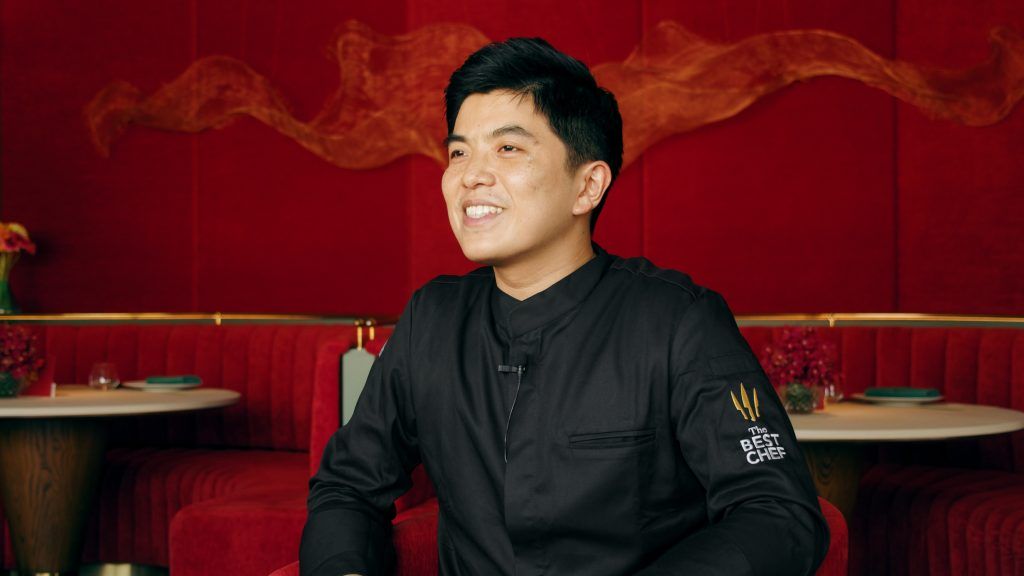
The Best Chef: Why was your choice New York, not, for example, Paris, France?
ThiTid Tassanakajohn: Because for me at that time, also, I think New York is kind of like the melting pot of cuisine, and it’s somewhere that you can find some amazing food from all over the world. And for me, because I don’t have the goal to cook European food or French food, but I want to cook Thai food. I knew back then that I wanted to cook Thai food, but the reason that I went to New York is just to study and then to work with the best possible I can so I can come back and change something to my own cuisine.
The Best Chef: Why was Thai cuisine not considered the best option for starting a restaurant?
ThiTid Tassanakajohn: So let’s say, for example, 10 years ago when I started, everyone was laughing at me. They were like, ‘You want to do Thai food with all local ingredients and sell it for a higher price than normal,’ which back then was unheard of. We started selling the tasting menu at around 990 baht, which is roughly equivalent to 30 euros at the time. People told me that no one would pay that much for Thai food made with local ingredients. But I didn’t believe them; I followed my belief. At that time, even Thai people had the perception that their own cuisine, made with local ingredients, wasn’t worth such prices. They were willing to pay for luxury items like foie gras, truffles, and caviar, but not for Thai food. I wanted to change that perception, and over the past 10 years, everything has changed. Now, we have more and more Thai customers who are willing to pay premium prices for Thai ingredients. They understand the value of supporting Thai chefs and Thai cuisine, and it’s heartening to see this shift.
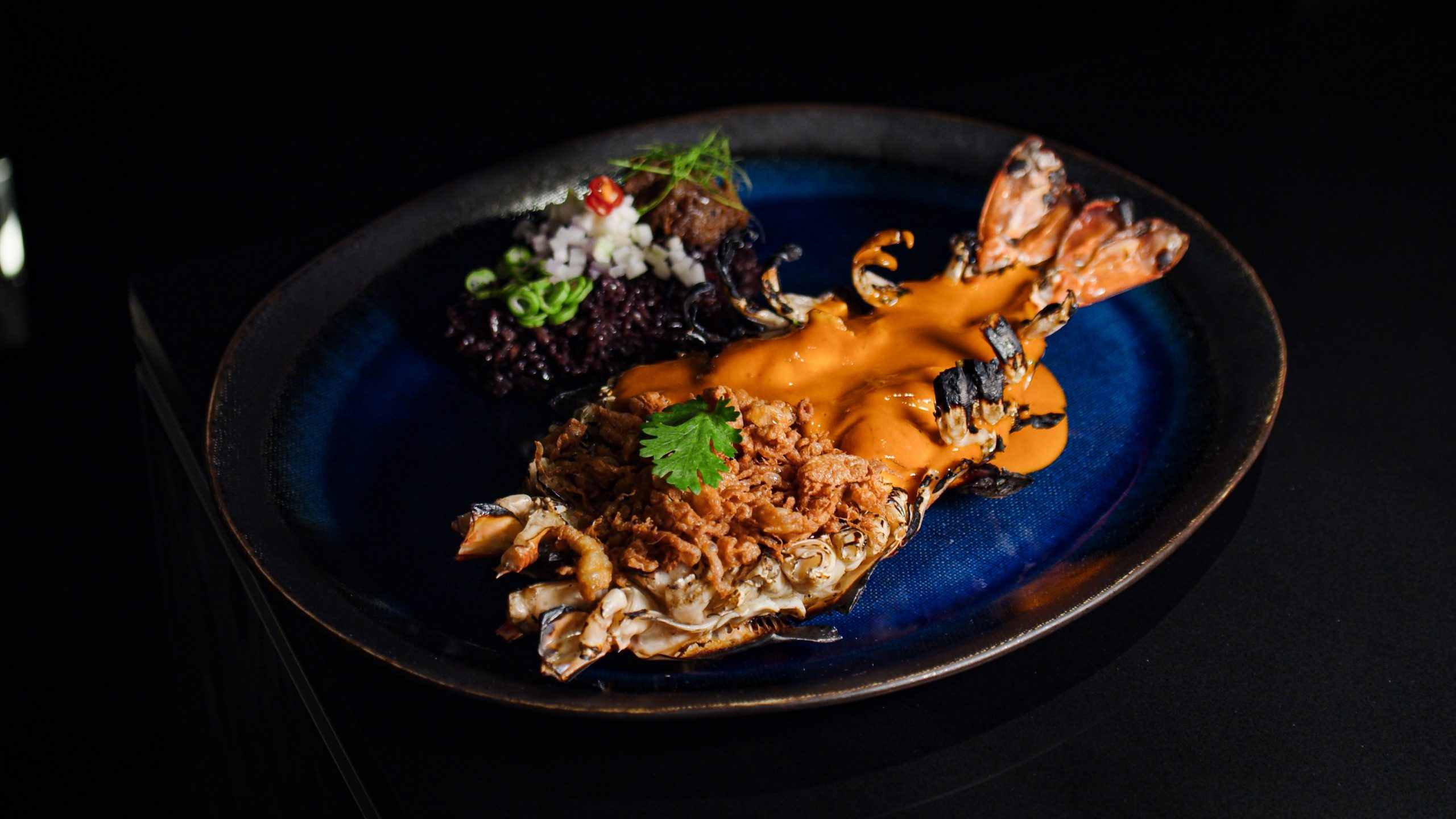
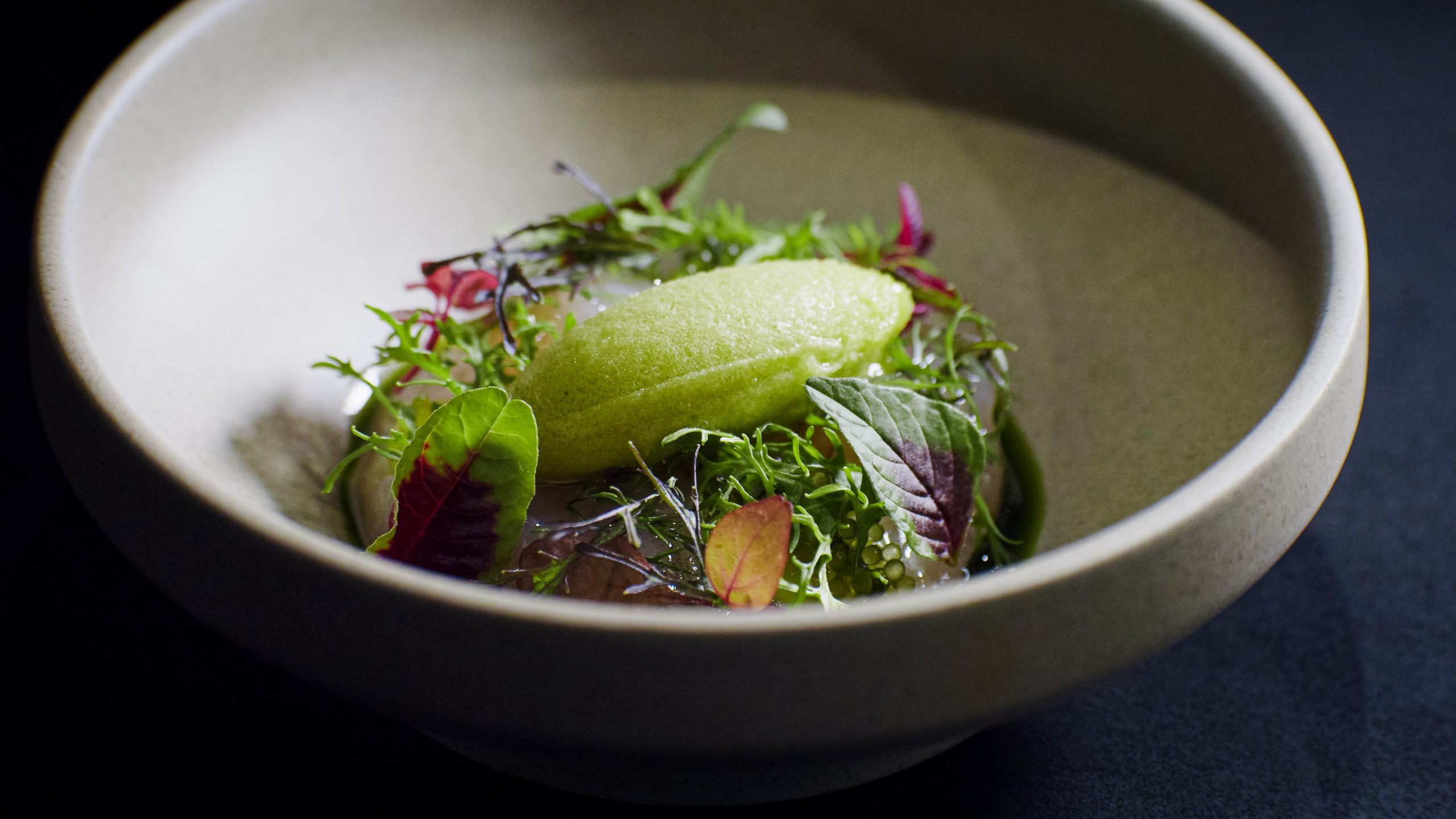
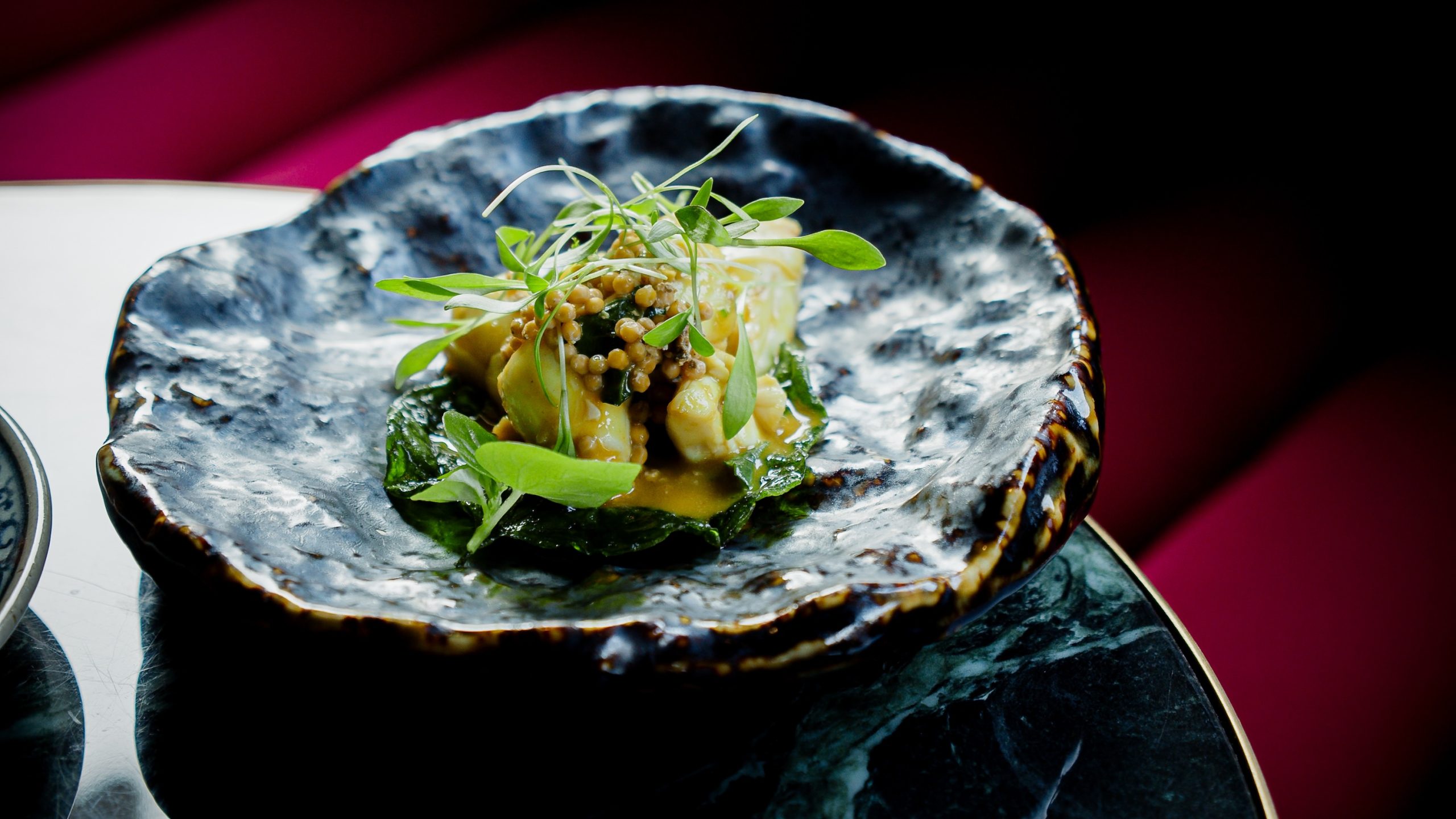
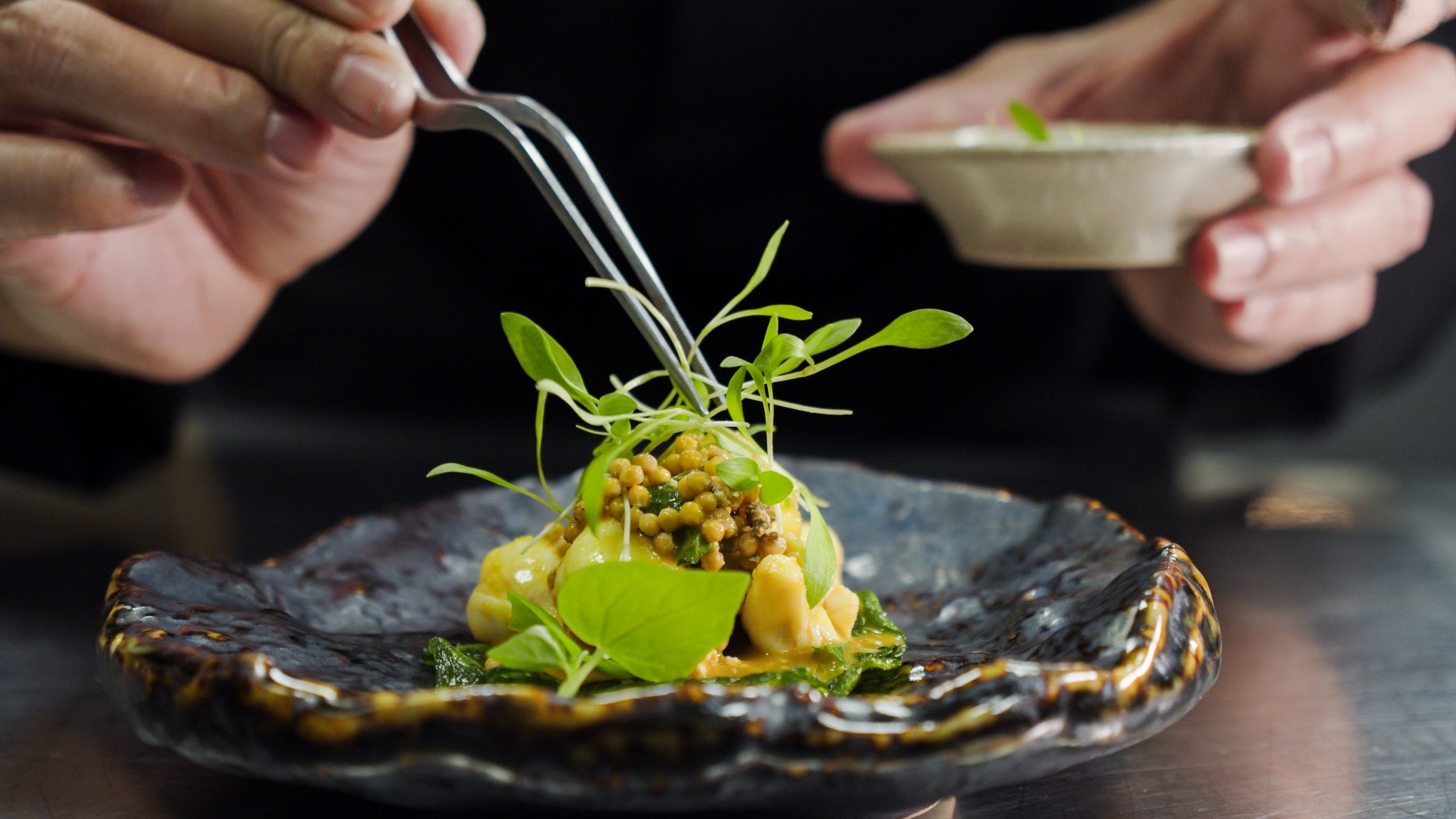
The Best Chef: I would like to change the topic and discuss the television industry. Is pursuing a career in television beneficial or not?
ThiTid Tassanakajohn: I think it’s very important for chefs to appear on TV, not just for our image because perceptions can vary. When people see chefs on TV, it can have both pros and cons. As you mentioned, sometimes it may give the impression that the chef no longer cooks due to TV fame. The positive aspect is that it provides good PR and publicity for oneself and the restaurant. But for me, it’s about more than that. Being on TV is important to inspire the new generation to become chefs. I believe that now and in the future, the hospitality and restaurant business worldwide will face difficulties in recruiting people. We’re already experiencing this issue in Asia, Europe, and elsewhere. If we don’t promote our industry effectively, in the next 20 years, no one will want to work in it anymore. It’s crucial as a chef to show the younger generation that there are many career options and positive outcomes if they work hard and know what they want to do. They can pursue diverse paths within this career. So, it’s essential to get the younger generation interested in working in this industry.

